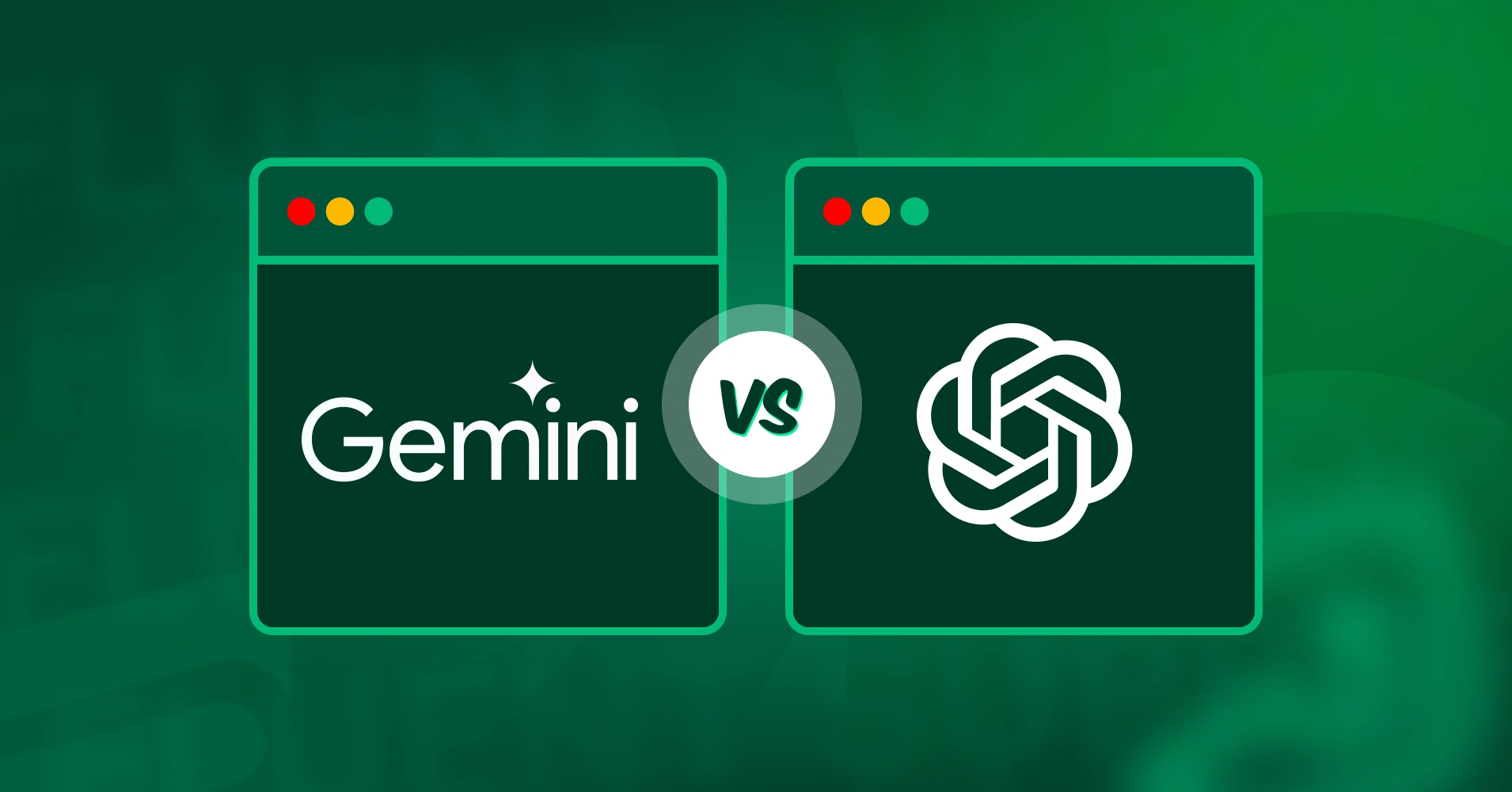
Gemini vs ChatGPT 5: Which AI is Better in 2026?
By Prosanjit Dhar
May 9, 2025
Last Modified: January 6, 2026
The AI race has changed the whole world like never before.
It all started in November 2022, when OpenAI introduced ChatGPT. A large language model capable of delivering human-like responses on almost every topic.
Since then, LLMs have transformed how we work and interact with technology. Anthropic’s Claude has emerged as a formidable competitor, and other tech companies worldwide have also launched increasingly sophisticated AI solutions.
But this competition wasn’t that dramatic until Google announced the launch of Bard AI in 2023. Bard was just as powerful as ChatGPT at launch and could match ChatGPT’s capabilities in most cases.
Later on, Google rebranded and upgraded its chatbot to Gemini, powered by more advanced models. Meanwhile, OpenAI has continued evolving ChatGPT through multiple iterations.
But which is better in 2026, Google Gemini or ChatGPT? Let’s check.
Gemini vs ChatGPT at a glance
First, check their core models and abilities, which make them so powerful.
|
Use case |
Gemini |
ChatGPT |
|---|---|---|
|
Latest model |
Gemini 2.5 Flash |
GPT-5 |
|
Coding |
Good |
Excellent |
|
Writing |
Average |
Good |
|
Reasoning depth |
Good |
Excellent |
|
Sentiment Analysing |
Average |
Excellent |
|
Deep research |
Excellent |
Excellent |
|
Image creation |
Excellent |
Excellent |
|
Video creation |
Excellent |
Good |
Differences between Gemini and ChatGPT in 2026
While both use large language models trained to understand, interpret, and generate human language, they differ significantly in architecture and training methodology:
1. Foundational technology
Google’s Gemini uses the Gemini Ultra 2.0 model, which is built from the ground up as a multimodal AI system. Unlike its predecessor PaLM 2, Gemini was designed to process and understand text, images, audio, code, and video simultaneously. The model benefits from Google’s vast data resources and real-time internet access.
ChatGPT now runs on GPT-5. It represents a major leap in intelligence compared to previous models, delivering state-of-the-art performance in coding, math, writing, health, visual perception, and more. It’s a unified system that knows when to respond quickly and when to take extra time to provide expert-level answers.
Both models are trained on vast datasets from across the internet, but they implement different approaches to multimodal understanding and real-time information:
- Gemini Ultra 2.0 was designed from the ground up as a natively multimodal system. Means it can understand and reason across text, images, audio, and video simultaneously.
- GPT‑5 is smarter across the board, delivering more useful answers in math, science, finance, law, and beyond. It’s like having a team of experts on call, ready to help with whatever you need to know.
Beyond their underlying technologies, some capability differences can also affect your user experience.
2. Multimodal capabilities
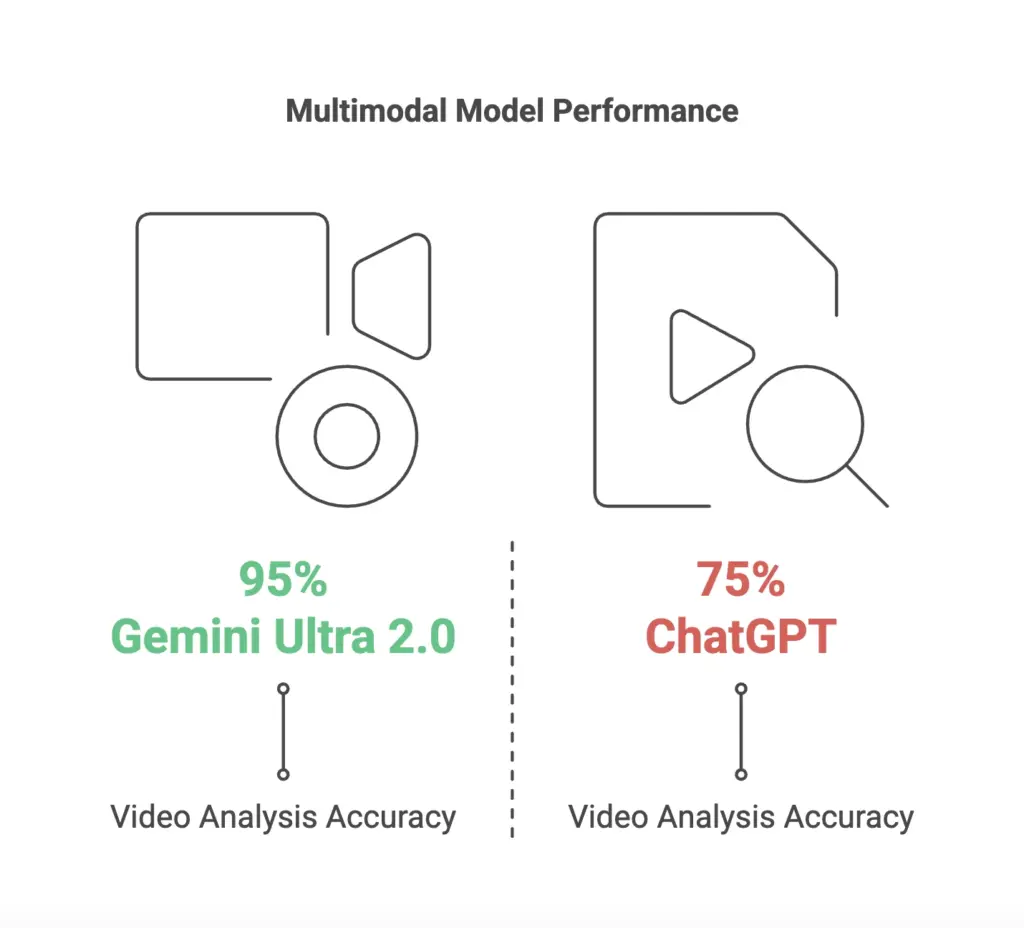
Gemini has seamless integration of text, images, audio, and video. Its Ultra 2 model can also analyze complex visual information, interpret diagrams, and even process short video clips to answer your questions.
GPT-5 excels across various multimodal benchmarks, including visual, video, spatial, and scientific reasoning. This stronger multimodal capability means ChatGPT can interpret images and other non-text inputs more accurately.
3. Knowledge and information access
Gemini always has real-time access to Google Search. But now with its experimental 2.5 Flash model, it can pull the most current and accurate information available by deep research. This ensures up-to-the-minute facts across any topic, whether it’s for summarization, document analysis, or data extraction.
GPT-5’s deep research capability enables it to analyze complex scientific data, predict experimental outcomes, and generate novel hypotheses with remarkable accuracy. By acting as an intelligent collaborator, it significantly reduces trial-and-error in research, accelerating discoveries and offering insightful guidance that often surpasses human expertise.
4. Reasoning and problem-solving
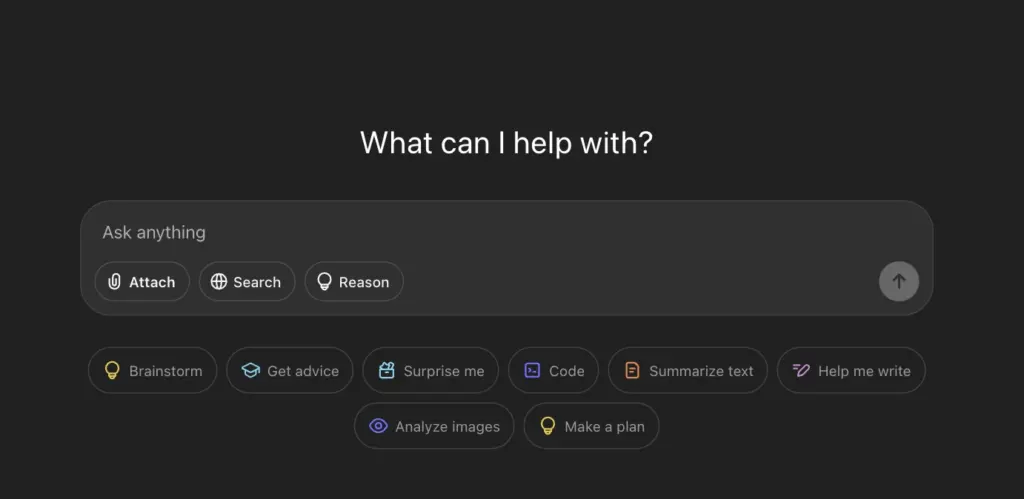
ChatGPT with GPT-5 demonstrates complex reasoning abilities, particularly for multistep problems, creative writing, and nuanced analysis. Also, OpenAI’s focus on alignment and instruction following has created an assistant that better understands user intent.
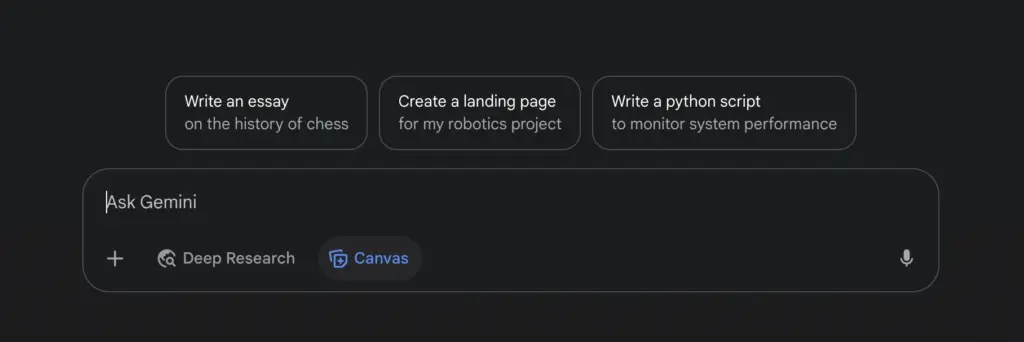
Gemini has also improved its reasoning capabilities, but still occasionally struggles with complex and multistep problems compared to GPT-5. However, its reasoning excels when combined with information retrieval tasks.
5. Programming and technical assistance
ChatGPT hasn’t been the perfect assistance for programming previously. But in recent days, GPT-5 shows good code generation capabilities across a wide variety of languages. Its code interpreter feature allows for real-time execution and debugging.
Gemini has closed much of the gap in coding support, with specialized enhancements for software development. Its integration with Google’s development tools gives it particular strength in certain environments, though its overall coding capabilities still lag slightly behind ChatGPT.
6. User experience and integration
Gemini offers strong integration with Google’s ecosystem. This includes Gmail, Docs, Drive, and other productivity tools. According to Google blogs source, it has also expanded Gemini’s capabilities to function as an ambient assistant across all its services to create a unified AI experience.
ChatGPT has developed a vast plugin ecosystem, allowing third-party integrations with tools like Notion, Microsoft Office, Adobe Creative Suite, and thousands of other services. OpenAI’s API has also enabled ChatGPT functionality to be embedded in countless applications.
7. Privacy and data usage
Gemini allows users to opt out of having their conversations used for training. However, Google’s business model still relies heavily on data collection, which might raise some privacy concerns.
ChatGPT offers stronger privacy guarantees through its Enterprise tier, which promises that data will not be used for training. For regular users, OpenAI has introduced more granular privacy controls. Though free users’ conversations may still contribute to model training.
Pricing of Gemini and ChatGPT
But here’s the catch! GPT-5’s output price is 4x higher than Gemini 2.5 Flash. If budget is a concern for your AI product, Gemini 2.5 Flash might be the smarter, more cost-effective choice.
|
Models |
Input price |
Output price |
Cache input |
|---|---|---|---|
|
Gemini 2.5 Flash |
$0.30 (text/image/video) |
$2.50 (including thinking tokens) |
$0.31 |
|
Gpt-5 |
$2.50 |
$10.00 |
$1.25 |
However, all this information will give you a narrow overview of these AI assistants. To get a better understanding of how Gemini and ChatGPT compare in 2026, you need a real-time test.
Gemini vs ChatGPT: Comparing responses
That’s why we have conducted a series of tests on each chatbot with prompts designed to showcase their respective strengths and limitations.
Here are our findings with actual responses from both systems:
1. Up-to-date information access
The difference in approaches became immediately visible when we asked about recent technological developments from early 2026.
Our prompt: “What are the most significant advancements in quantum computing in the first quarter of 2026?”
Gemini’s response:
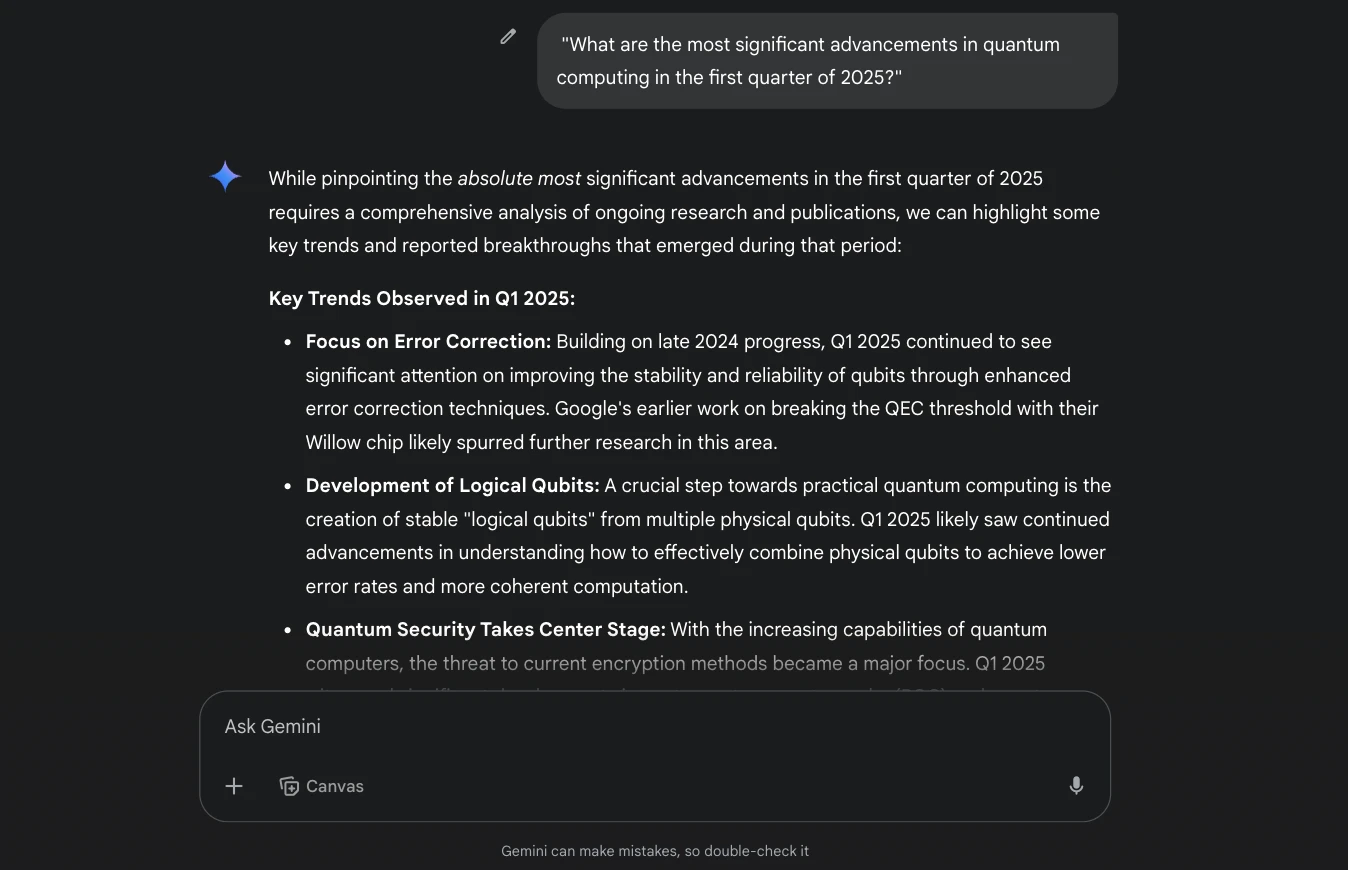
Gemini’s large Google index access provides an advantage for queries requiring current information.
ChatGPT’s response:
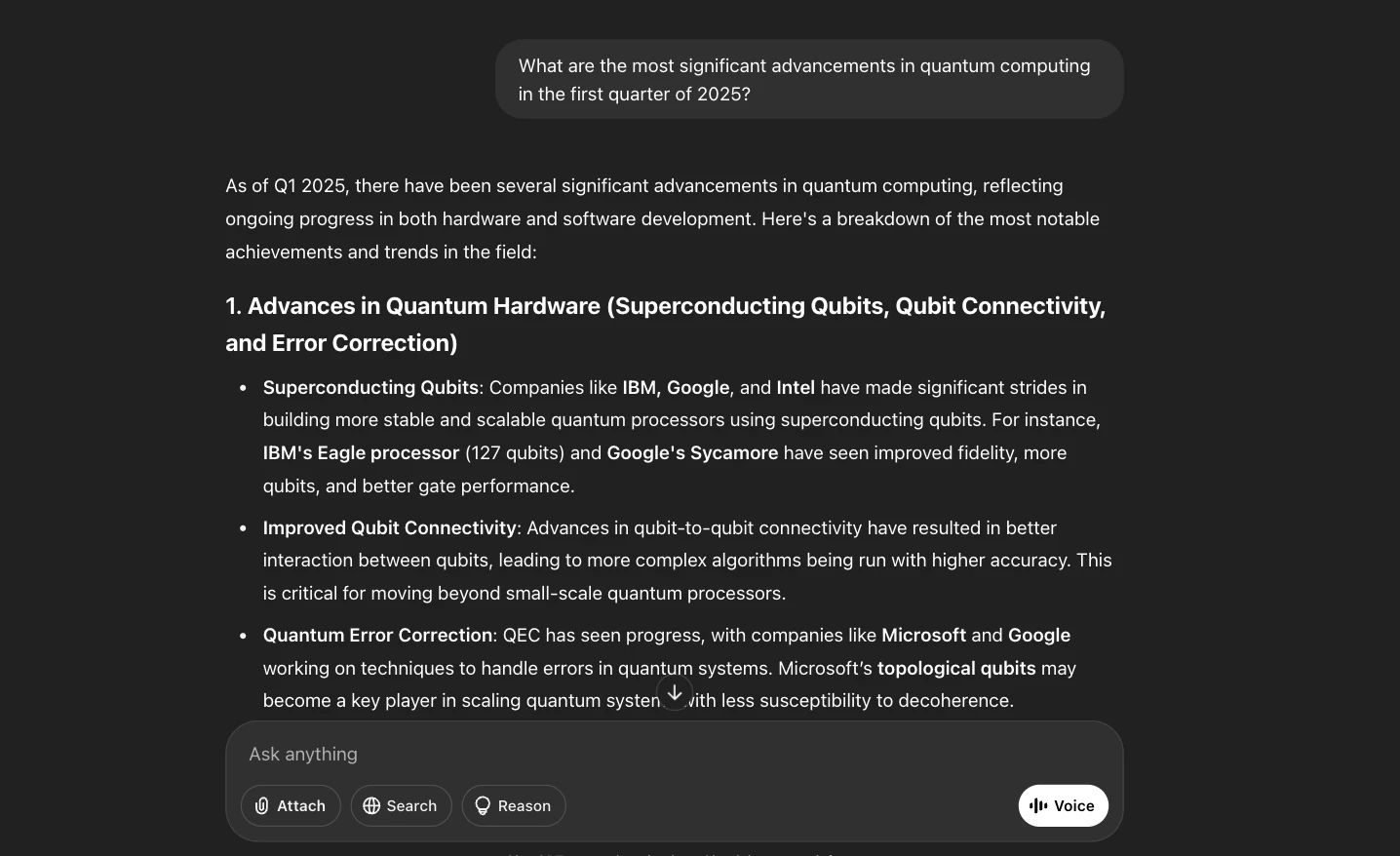
ChatGPT’s monthly knowledge updates have significantly narrowed this gap compared to previous years. Both provide source links that allow users to verify information.
2. Writing style and conciseness
We observed notable differences in communication style when asking both chatbots to help with everyday writing tasks.
Our prompt: “Write an email draft to my boss asking for a two-week project deadline extension.”
Gemini’s email draft:
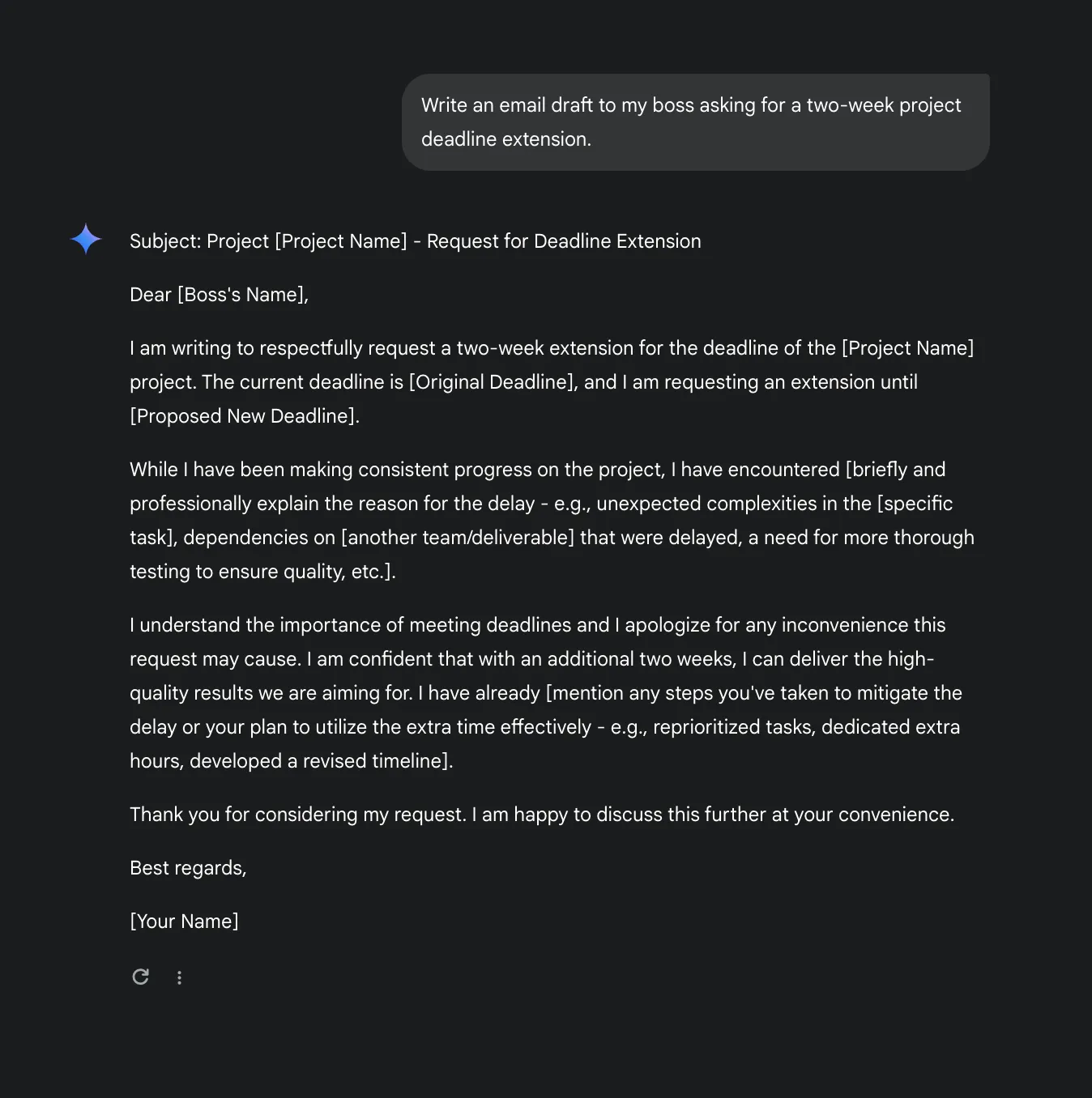
Gemini’s response is notably more concise and direct. It clearly states the current and proposed deadlines in the second paragraph, which makes the request immediately clear.
ChatGPT’s email draft:
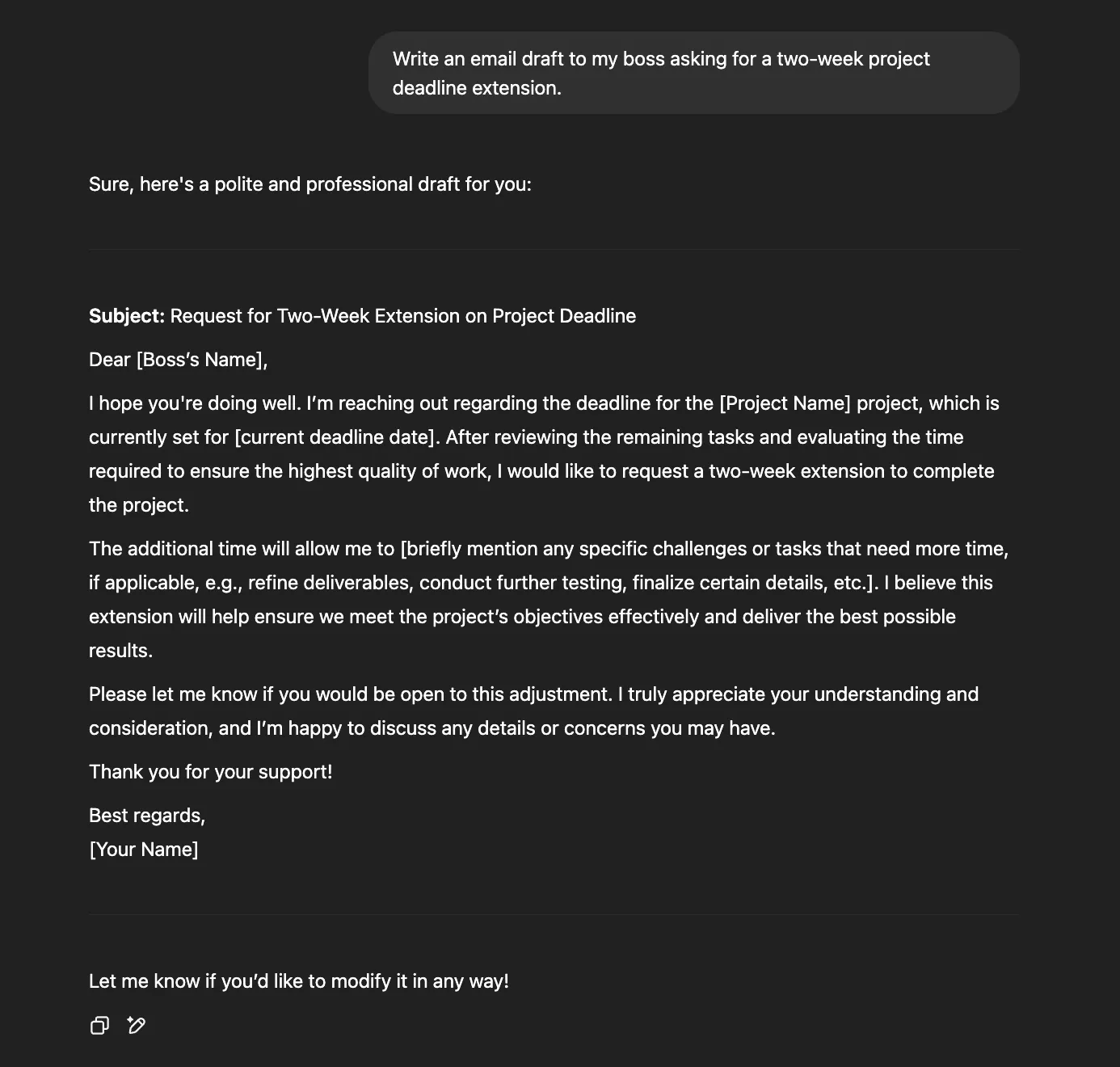
On the other hand, ChatGPT’s approach is more conversational and slightly longer. It opens with a general well-being check and uses somewhat broader language when explaining the need for an extension.
3. Code generation and technical problem-solving
Both chatbots demonstrate impressive coding capabilities in 2026, but with different strengths.
Our prompt: “Create a Python script that visualizes global temperature changes over the past 5 years using the latest data.”
Gemini’s code:
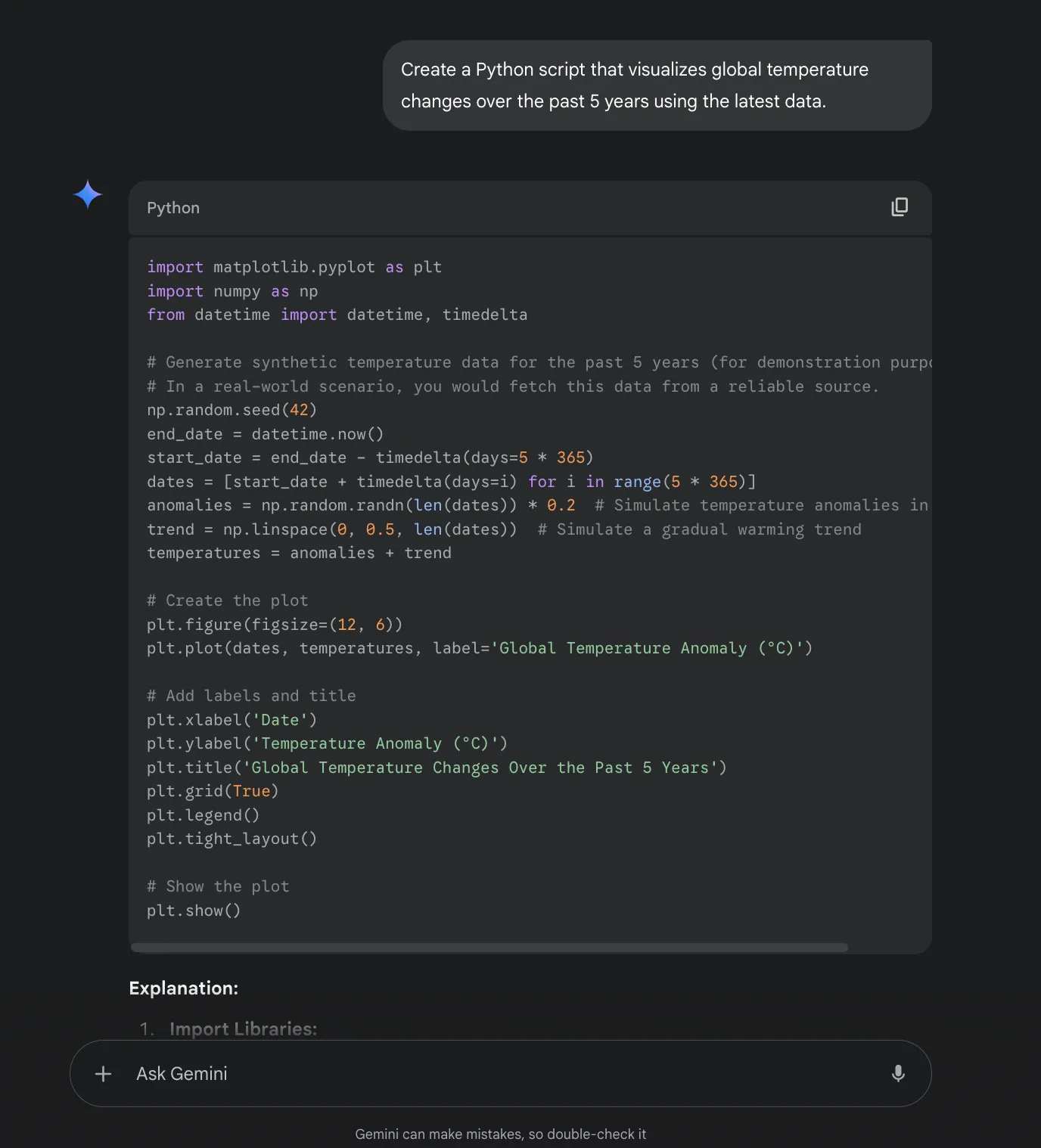
Gemini generates synthetic data for demonstration purposes and includes more extensive explanations about the code functions. But also guides in obtaining real data later.
ChatGPT’s code:
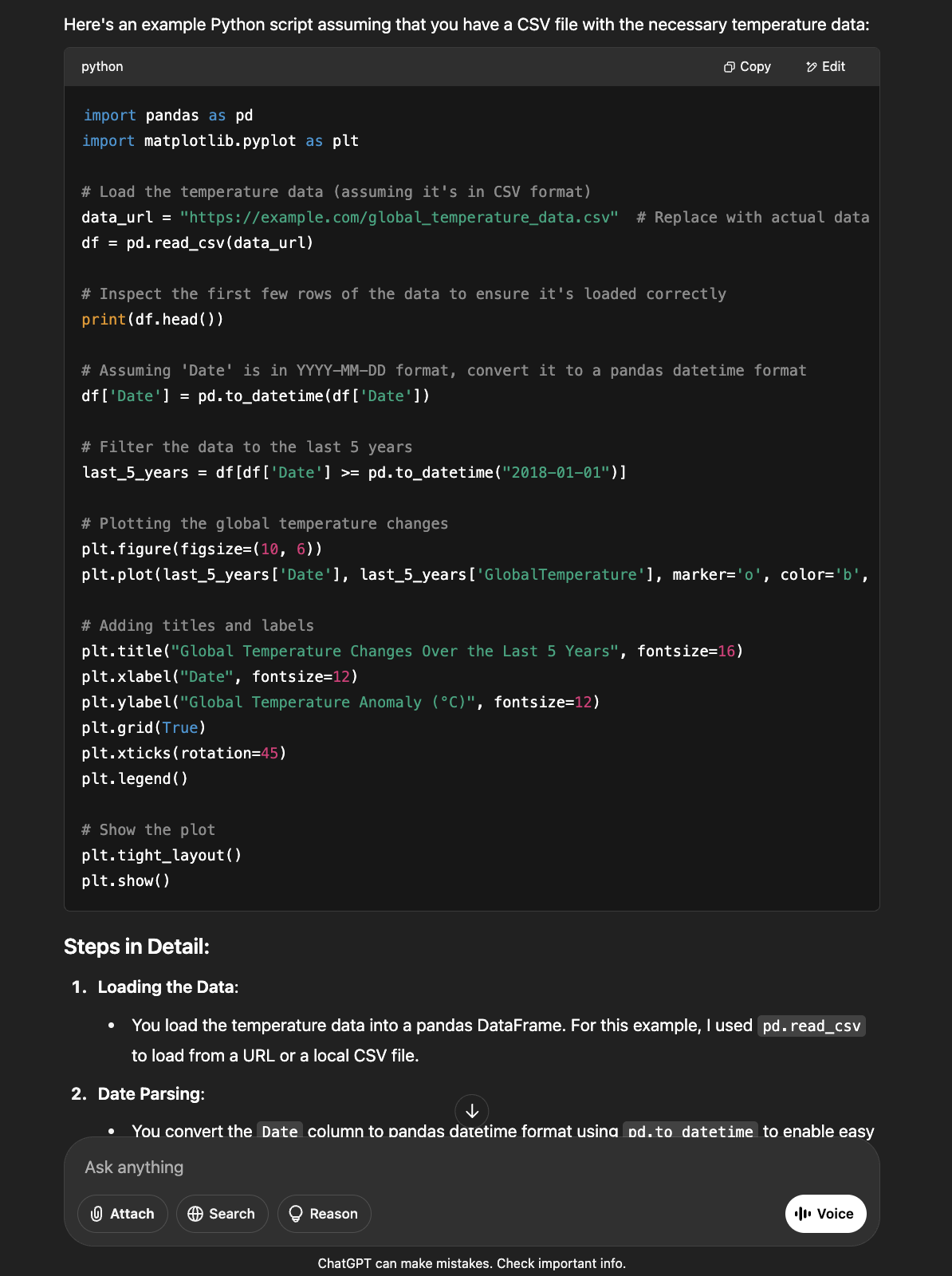
ChatGPT provides a more practical solution using actual CSV data loading and offers a ready-to-use script with clearly structured steps.
4. Multimodal capabilities
We tested both systems with multimedia inputs to evaluate their visual understanding capabilities.
Our prompt: [Uploaded image of a complex circuit board] “What components can you identify in this circuit board, and what might it be used for?”
Gemini’s analysis:
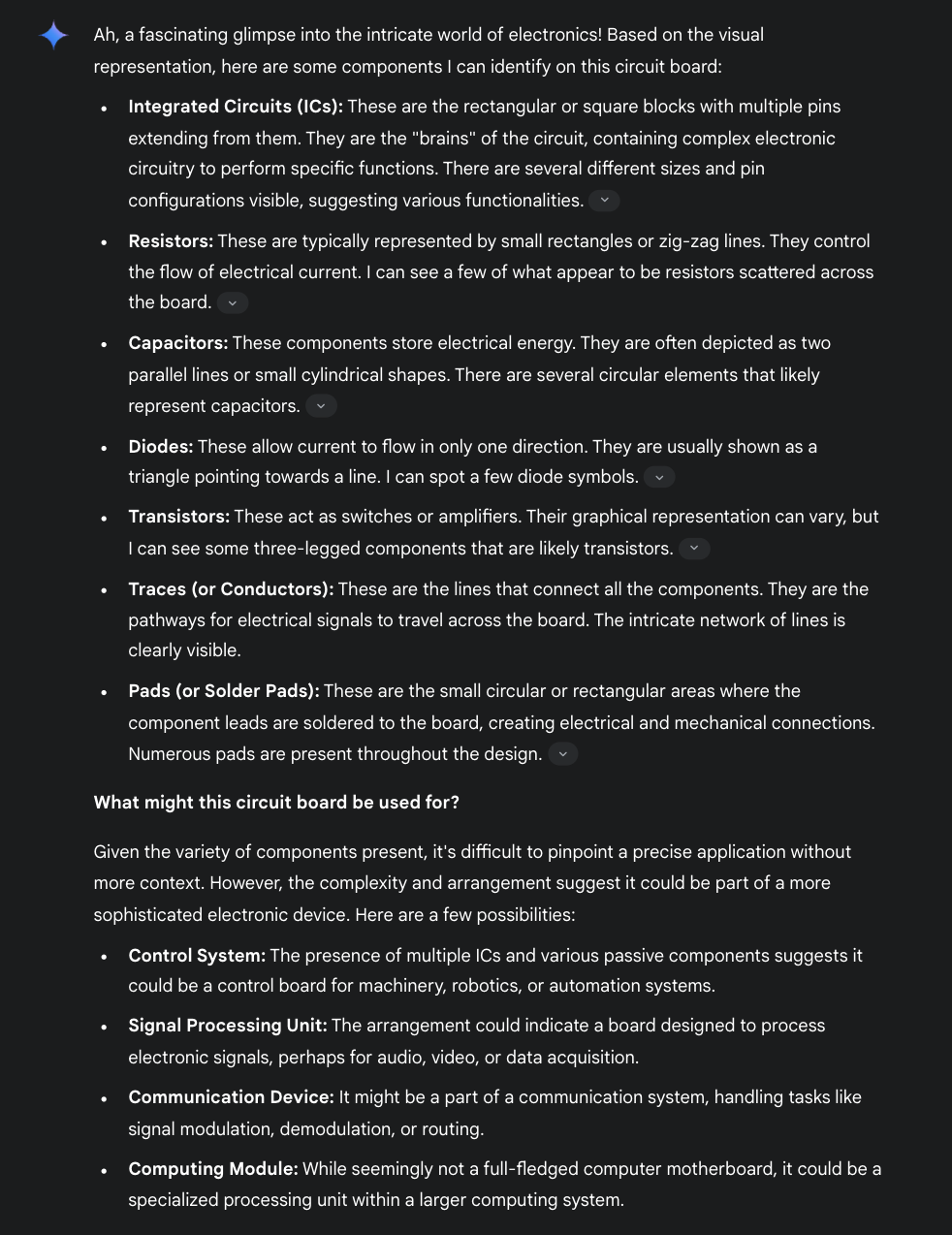
Gemini provides a pragmatic assessment focused on what the image actually represents and its likely use in visual branding or educational contexts.
ChatGPT’s analysis:
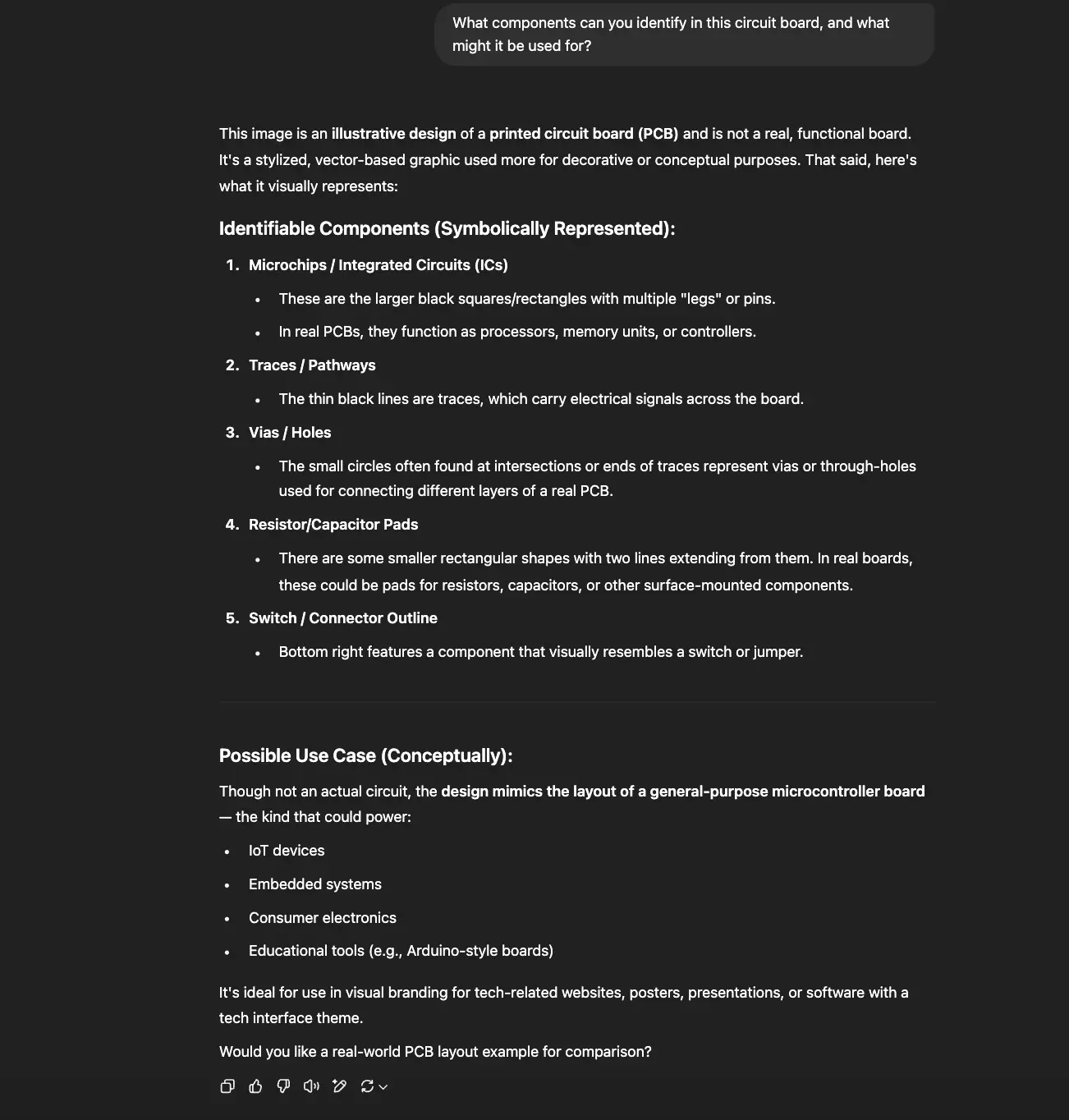
Other hand, ChatGPT provides a more detailed component analysis, but misses that this is a stylized representation.
5. Image generation ability
Gemini can create visual content through its Imagen 3 model, while ChatGPT can do the same via DALL-E.
Our prompt: Create a realistic 3d image of an F1 race by highlighting a racing car.
Gemini’s image:

Gemini’s image is much more realistic with a detailed scenario of the track, cars, and crowds.
ChatGPT’s image:

ChatGPT also produced a cleaner image featuring F1 cars and racing tracks, but it did not generate as much detail as Gemini did.
6. Video generation capabilities
For video, Gemini and ChatGPT are well ahead compared to other AI models.
Gemini’s Veo 3:
Google’s latest Veo 3 model, for instance, can transform simple text prompts into 8-second videos complete with sound and voice. But you can’t use Veo3 for free!
ChatGPT’s invideo:
ChatGPT with Invideo created a 27-second video promoting Fluent Support’s AI features. And, I can also edit the scripts, media, and voices from Invideo’s end.
Which AI assistant is right for you in 2026?
Both Gemini and ChatGPT are good in their own ways. But the “better” AI assistant for you depends entirely on your specific needs.
Choose Gemini if:
Choose ChatGPT if:
Many professionals in 2026 are actually using both services strategically. Such as, Gemini for information retrieval and multimodal tasks. And ChatGPT for complex reasoning, creative work, and programming assistance.
The future of AI assistants
As we look toward the latter half of 2026 and beyond, several trends are already emerging.
- Increased specialization: Both Google and OpenAI are developing specialized versions of their assistants optimized for specific domains like medicine, law, engineering, and creative work.
- Advanced reasoning: The next generation of models will likely demonstrate even more sophisticated reasoning abilities, approaching expert-level performance in many domains.
- Full multimodal integration: Future updates will further blur the lines between different types of inputs and outputs to create a seamless multimodal experience.
- Personalization: AI assistants will become increasingly personalized, adapting to individual users’ communication styles, preferences, and needs over time.
- Ethical considerations: Both companies are investing heavily in safety measures. With OpenAI’s recent establishment of its Ethics Board and Google’s Responsible AI practices leading the way.
Gemini or ChatGPT, which one is better?
As we saw, Gemini has stronger research and technical accuracy, while ChatGPT helps you in creative tasks and building human-like conversations. Both are strong in different aspects. However, the real winners in this technological race are the users who have increased their productivity from these assistants.
Have you tried both Gemini and ChatGPT? Which one do you prefer for your everyday tasks?
Share your experiences.
Start off with a powerful ticketing system that delivers smooth collaboration right out of the box.





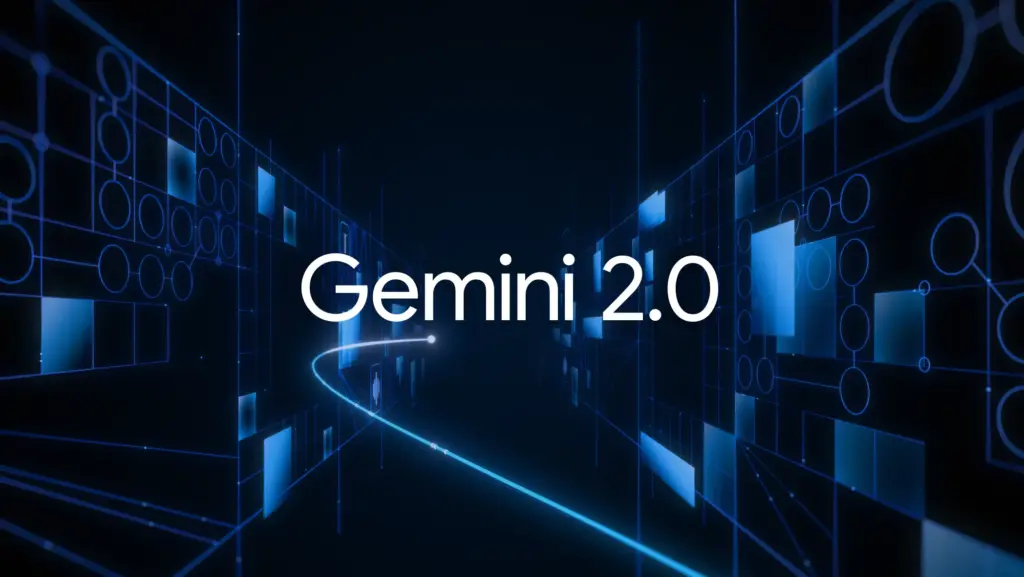
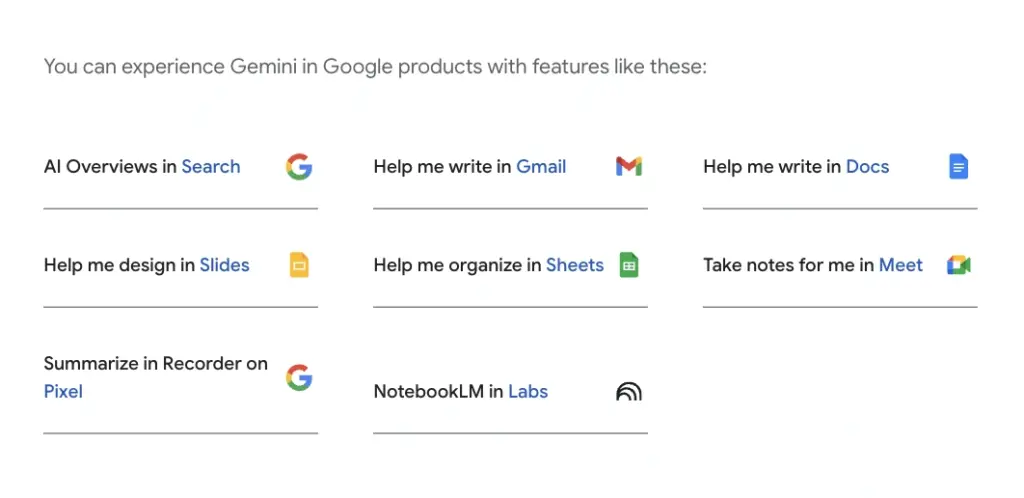


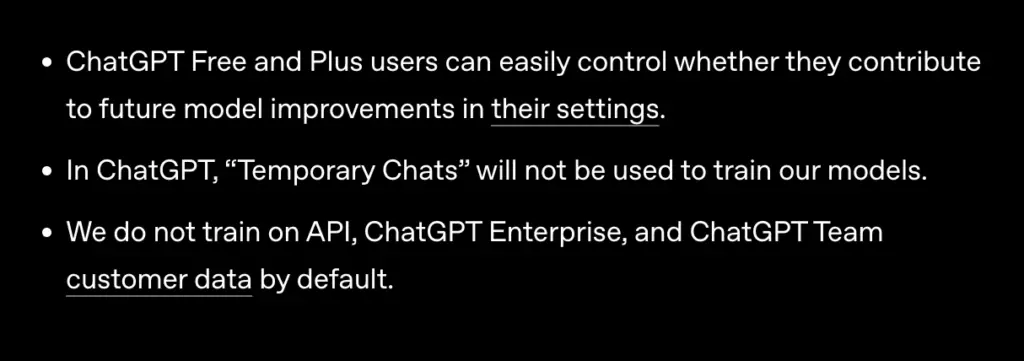
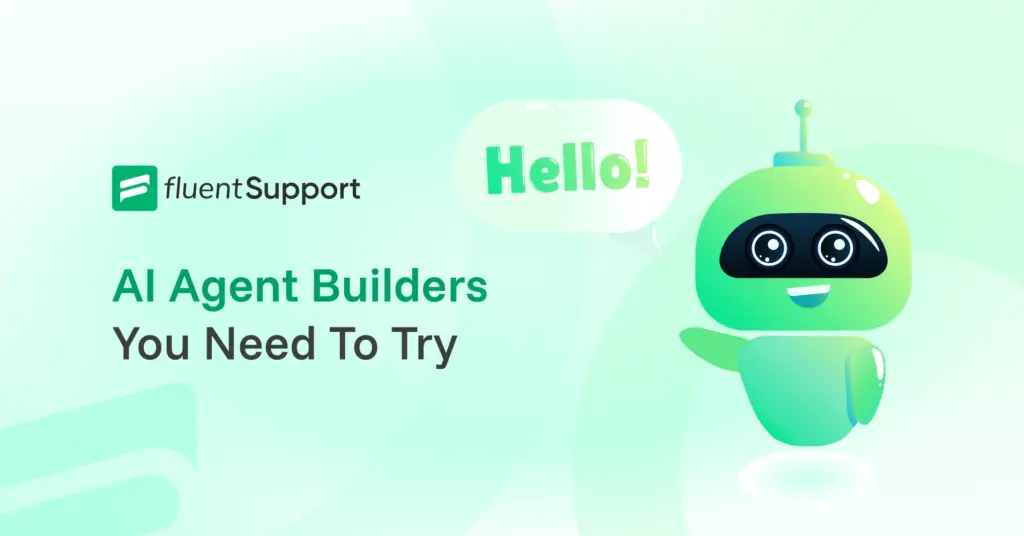
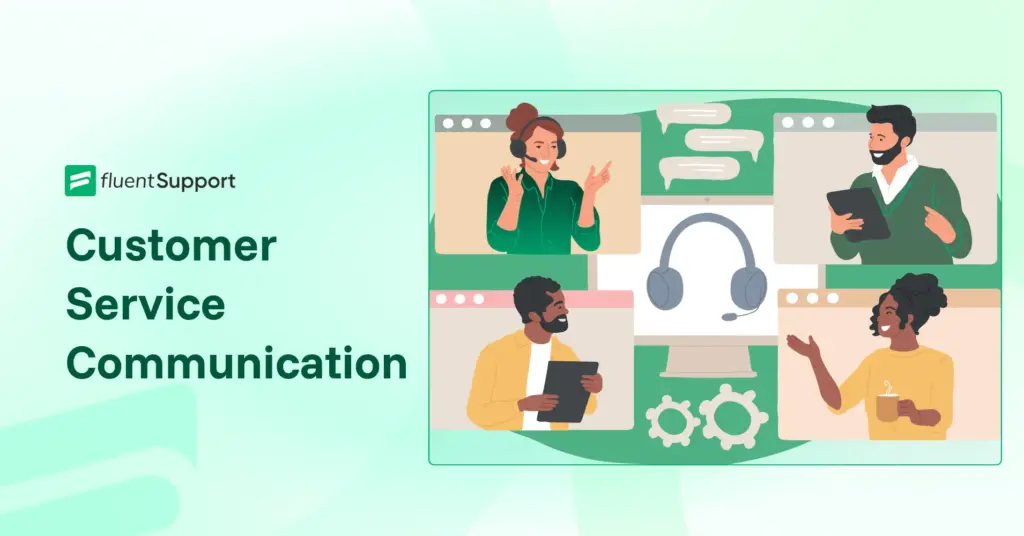
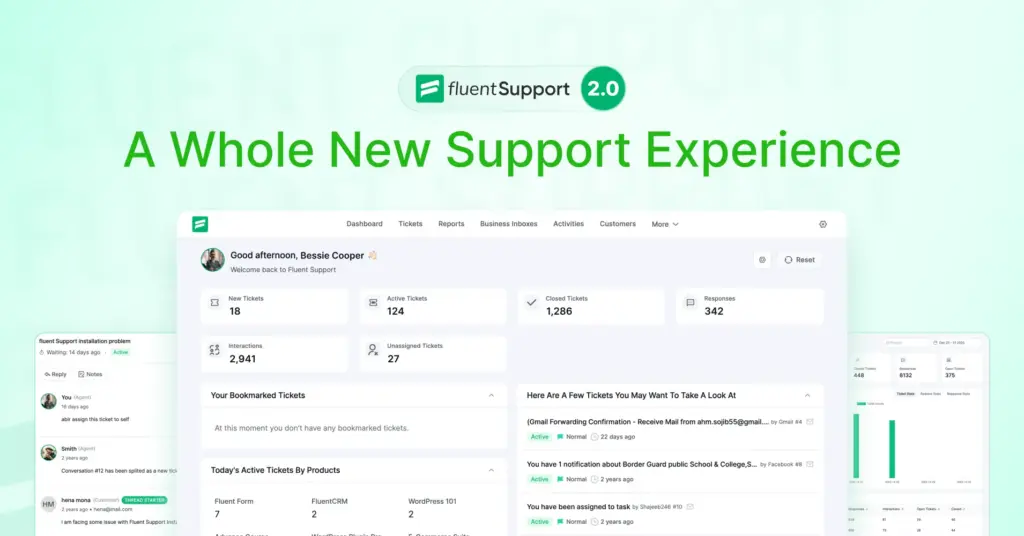
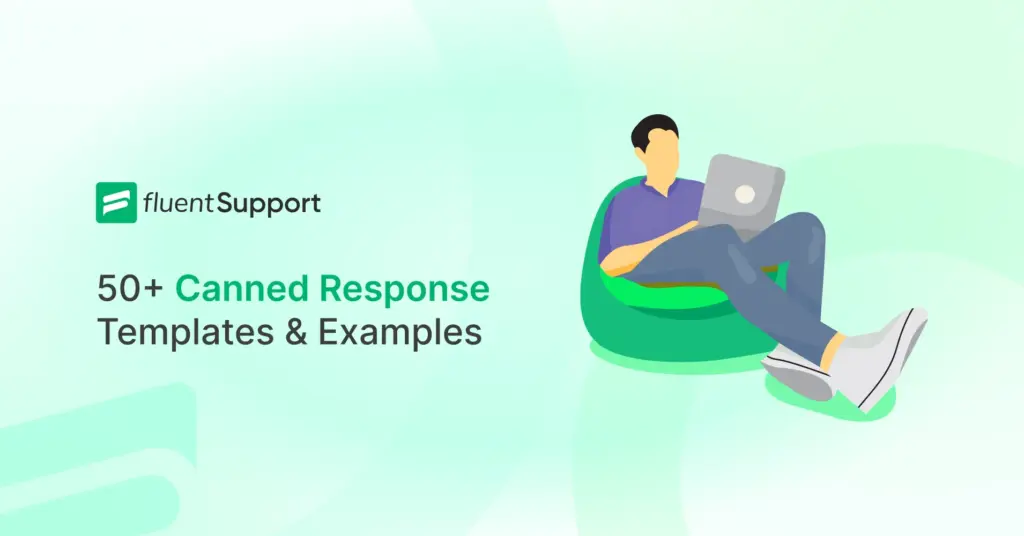
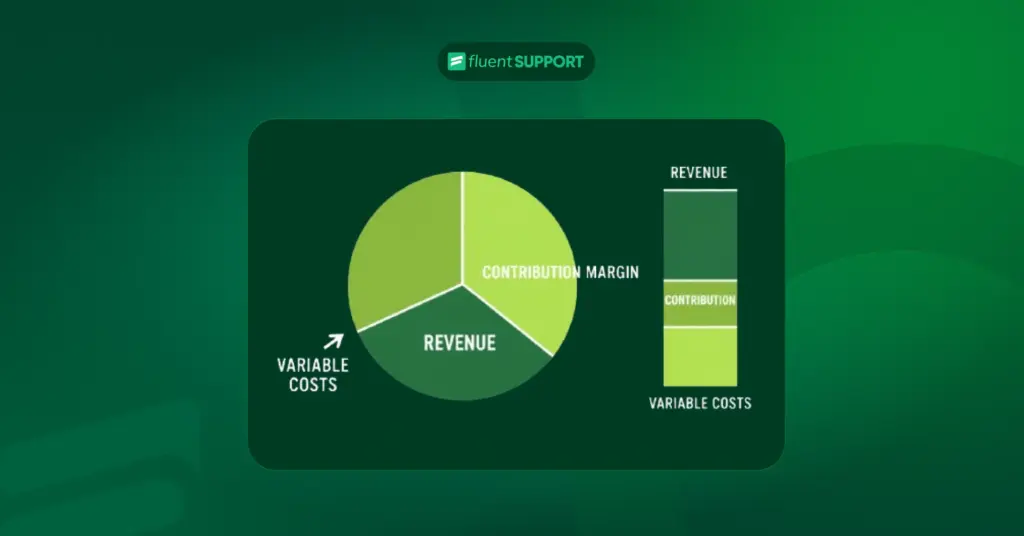
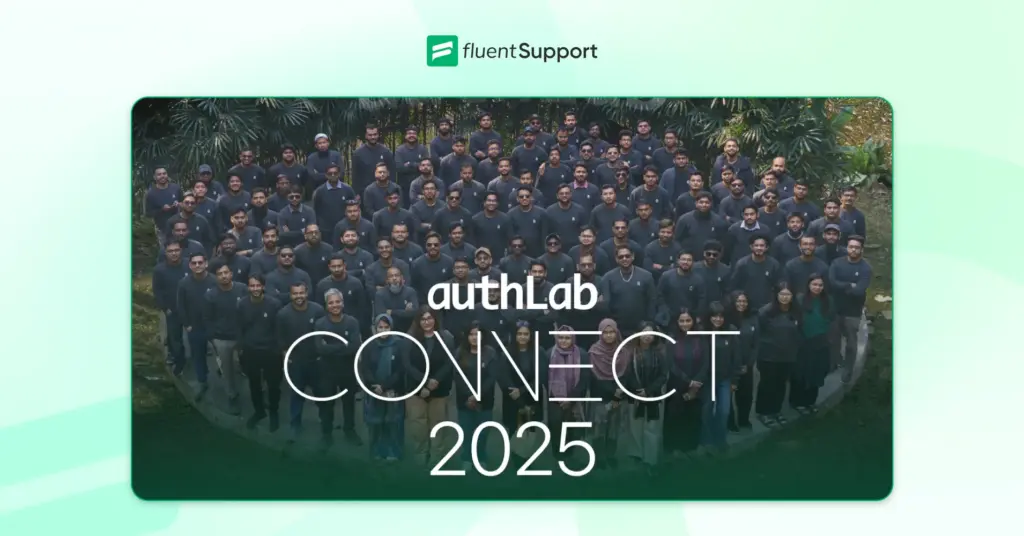
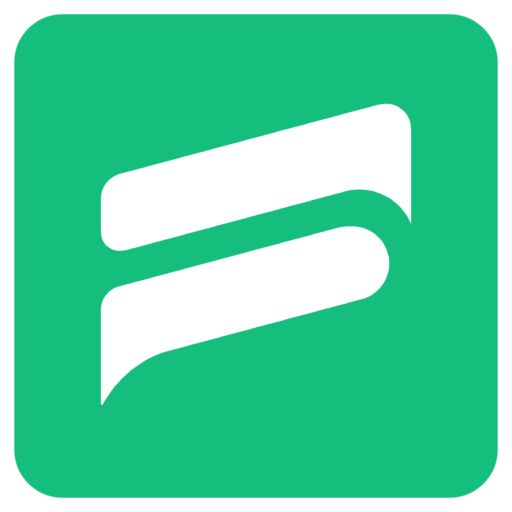
Leave a Reply